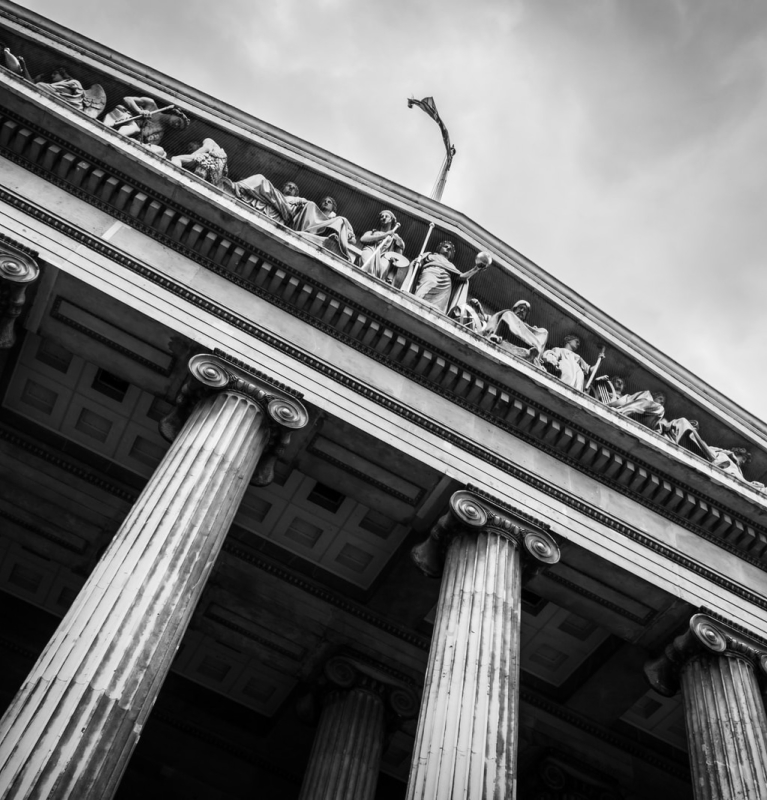personal injury questions
Frequently Asked Personal Injury Questions
Some lawyers charge by the hour. We don’t. We work on what is called a “contingent” fee basis. That means our firm is only paid a fee for our time if we are successful in achieving a recovery for you. The fee is a set percentage of the recovery, which differs based upon the complexity of the case. We also front the costs of the case and only recover those costs if we are successful in reaching a recovery for you.
No, contact us for a free personal injury consultation.
We often will not know if you have a case until we have had a chance to speak with you. Often, even after we speak with you, it is necessary to do further investigation, collect certain records or consult with potential expert witnesses before we can know if you have a case. If additional investigation is necessary, we will communicate with you throughout that process as to what we find. If we believe you have a viable case, we will then discuss next steps.
Please keep in mind that each case is unique, but generally speaking the process is as follows:
The first step is conducting an initial investigation. This consists of interviewing you and other potential witnesses, collecting potentially relevant records and documents available pre-suit and consulting with possible expert witnesses. The purpose of this stage is to gather all the relevant facts and determine whether those facts will support the legal elements of a case.
The second step usually consists of filing the actual lawsuit. This starts the formal process with the opposing party and the court. The lawsuit is started through the filing of a “Petition” (state court term) or a “Complaint” (federal court term). This is a legal document in which we make allegations on your behalf and set forth the legal theories of the lawsuit. The defendant will usually then have a set time (20-30 days depending on the court the case is filed in) to respond to the allegations in the lawsuit.
Once the defendant has responded to the Petition or Complaint, the “discovery” phase of the case begins. This is the part of the case where each party gets to discover facts and information held by the opposing party. Discovery usually begins with written questions, called interrogatories, which the other party must respond to under oath. Requests for production of documents are usually exchanged at this stage. These are designed to uncover documents in the other party’s possession that may be relevant to the lawsuit. Sometimes one party will ask the other party to admit certain facts at this stage through requests for admissions. After an initial round of written discovery, the parties usually begin taking depositions. A deposition is the chance for the parties to ask witnesses questions about the underlying events giving rise to the lawsuit under oath. Depositions usually begin with the parties and fact witnesses.
In cases involving areas of specialized knowledge, the law requires that the plaintiff support the case through expert testimony. When a plaintiff retains an expert to testify, the defendant will usually retain a rebuttal expert. Once discovery is near complete with regard to the parties and fact witnesses, the focus usually shifts to expert discovery. This is the chance for each party to discover who the other party intends to call as an expert witness at trial. Expert discovery consists of discovering the opinions the expert intends to offer at trial and the facts the expert has relied on in reaching those opinions. This is usually accomplished through expert depositions.
In some cases, but not all, one or more parties may file a “dispositive motion” when the discovery process is complete. A dispositive motion is one in which a party asks the Court to decide one or more claims in a case without a trial. The dispositive motion filed at this stage of the case is called a motion for summary judgment. Because plaintiffs have the burden of proof, defendants usually file motions for summary judgment. Plaintiffs, however, may sometimes file summary judgment motions on one or more of their own claims, or on one of the defendant’s affirmative defenses. Summary judgment should only be granted where there are no material facts in dispute and the court can render a judgment as a matter of law. If material facts remain in dispute, the case proceeds to a trial.
At a trial, the parties present their claims and defenses to a jury. The case begins with a process called “voir dire”, which is a fancy legal word for jury selection. Each party has the opportunity to ask prospective jurors questions designed to determine whether they can fairly decide the case. At the end of voir dire, a jury is selected and sworn in.
The case begins with each party making an opening statement previewing their theories of the case and the evidence they will present to support it. Next, the plaintiff puts on their case through witnesses and documents. The defendant has an opportunity to cross examine the plaintiff’s witnesses. When the plaintiff has rested their case, the defendant has an opportunity to put on its case. The plaintiff has an opportunity to cross examine the defendant’s witnesses. When the presentation of evidence is complete, the parties will give closing arguments to the jury. The jury then retires to deliberate and reach a verdict. After the jury reaches a verdict, the court will usually enter a judgment on that verdict.
Following a trial, either party has the option of filing an appeal seeking to challenge some aspect of the trial or pre-trial proceedings it believes were erroneous. Appeals are filed with a separate appellate court called the court of appeals which sits above the trial courts. Appeals usually focus on legal rulings made by the trial court which one party believes improperly influenced the outcome of the case, or the question on whether there was sufficient evidence presented to support the jury’s decision. Appellate courts do not re-find the facts that were decided by the jury and instead defer to the factual findings made unless there was not sufficient evidence admitted to support those findings. Appellate courts usually focus on questions of law, not questions of fact.
At the conclusion of an appeal, the court of appeals will either affirm the trial court’s judgment or reverse and remand the case for a new trial. Either party has the option of attempting to appeal to the Supreme Court. However, the Supreme Court is a court of limited jurisdiction and with few exceptions decides which cases it will hear. The Supreme Court usually will not hear a case unless it involves an issue of general or statewide importance, if there is a conflict amongst the districts of the court of appeals or if it believes a point of existing law should be reexamined.
Because each case is different in terms of its complexity, the length of time it takes to resolve a case can vary. The length of time can also be influenced by how quickly the trial court can provide a trial date. Generally speaking, if a case must be filed and litigated, it will take anywhere from 1–2 years to resolve.
A settlement is a formal agreement between the parties in a dispute or lawsuit to resolve the claim without a trial. Usually through an insurance company, the party alleged to be at fault will offer money to the claimant/plaintiff in exchange for the claimant’s agreement to “release” the allegedly-at-fault party from any further liability. Some settlements, such as those involving minors or death claims, require court approval before they are final.
Mediation is the process by which the majority of cases are settled. Mediation is a formal settlement negotiation that is overseen by a neutral third party called a “mediator.” The mediator is neutral because he or she does not have an allegiance to either party and does not have a financial stake in the outcome. It is the mediator’s job to help the parties try and reach an agreement to settle the case. The mediator will get an understanding of the facts of the case and each side’s arguments and then will go back and forth in an effort to get the parties to arrive at an agreement. Mediation does not involve the presentation of formal evidence or witness testimony, although sometimes the mediator will ask the lawyers to make opening remarks in a joint session.
Statistics show that a majority of civil claims resolve by settlement without a trial. However, we assume every case we take will need to be tried and potentially appealed. Committing the time, detail and resources necessary to fully prepare a case is what gives them the best chance to resolve.
Generally, there will be 1–2 attorneys and a paralegal who serve as the leads on cases. You will meet with these individuals at your initial consultation and they will be your primary points of contact. We do, however, subscribe to a team philosophy at our firm. We regularly collaborate with each other to bring different perspectives to bear on our client’s cases. Thus, at some level, our entire firm will be contributing to your case.


